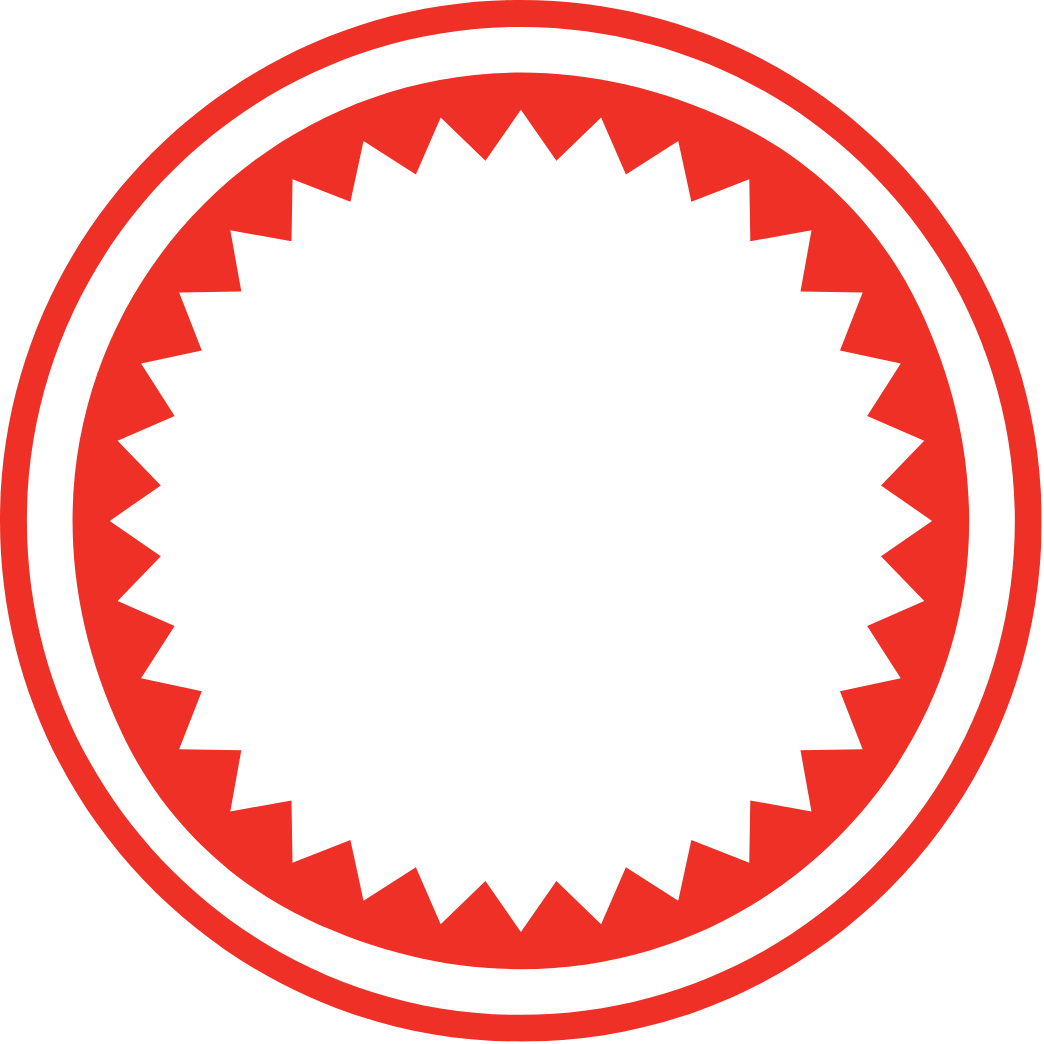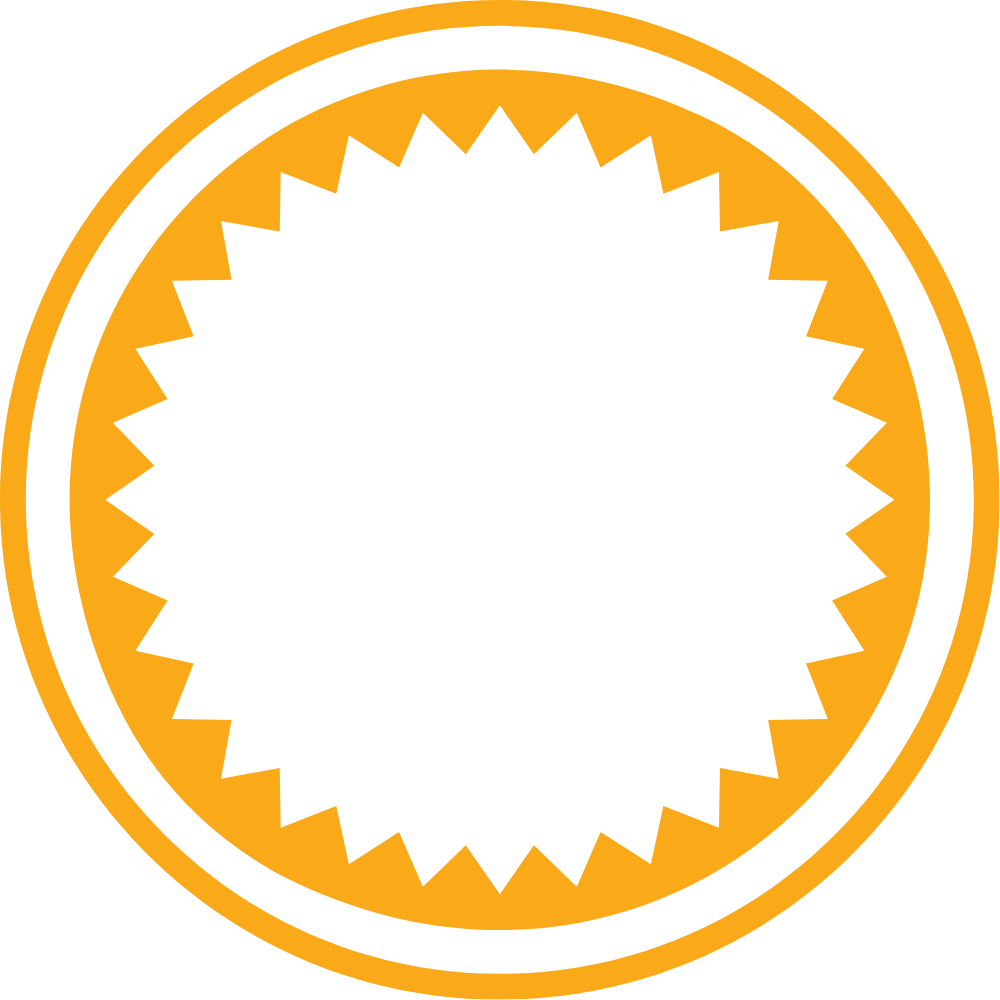In an increasingly globalized world, the demand for high-quality translation services has never been greater. Whether your project involves translating a legal document, localizing software, or preparing marketing materials for a new target market, selecting the right translation vendors is crucial.
This guide will help you navigate the process of evaluating and selecting the best translation service providers for your projects.
Understanding Your Needs
Before diving into the search for language translation vendors, it’s essential to clearly define your needs. Consider the following:
- Type of Content: Are you translating legal documents that require certified translation? Or are you localizing marketing content for social media campaigns? Each type of content may necessitate different expertise and a unique approach.
- Languages Required: Determine which languages you need. If your project involves multiple languages, ensure your translation provider has a robust network of translators working in those specific languages.
- Project Scope: Define the size and complexity of your translation project. Larger projects may require a translation agency with project management capabilities to handle various aspects efficiently.
Key Criteria for Evaluating Translation Vendors
- Expertise and Specialization: Check if the translation vendors have expertise in your specific industry. For instance, if you need legal translation, look for providers specializing in legal documents. Many language service providers (LSPs) offer specialized services tailored to various industries.
- Certification and Quality Assurance: Ensure that the translation agency employs certified translators and has robust quality assurance processes in place. Quality assurance is vital for maintaining the integrity of your content, especially when dealing with sensitive materials.
- Technology and Tools: In today’s digital age, a translation management system (TMS) can significantly streamline the translation process. Evaluate whether the vendor uses advanced technology, such as machine translation, to enhance efficiency and consistency. However, ensure that human translators work alongside these tools to maintain the quality of professional translation.
- Range of Services: Consider the services included in the vendor’s offerings. Many translation companies provide a comprehensive suite of services that go beyond just translation, such as interpretation services, localization services, and even cultural consulting. This can be advantageous for projects that require a nuanced approach.
- Experience and Reputation: Research the translation provider’s experience in the industry. Look for reviews and testimonials, and consider their reputation among peers and clients. A reliable vendor will often have a proven track record and positive feedback from previous clients.
- Project Management Capabilities: Effective project management is crucial when handling large translation projects. Ensure that the language services associate assigned to your project has the experience and skills necessary to coordinate timelines, manage resources, and communicate effectively.
- Pricing Structure: While cost should not be the sole deciding factor, it’s important to understand the pricing structure of your potential translation vendors. Compare quotes from multiple translation service providers to ensure you’re getting the best value for your investment.
- Cultural Understanding: Language is not just about words; it is also about culture. Choose a language service provider that demonstrates a strong understanding of cultural nuances, especially if your translation and localization services aim to resonate with a specific target market.
- Communication and Support: Assess the communication style and support offered by the translation agency. A vendor that is responsive and open to feedback will make the collaboration smoother and more productive.
Strategic Use of Bilingual Legal Documents to Enhance Vendor Negotiations .. Read more!
Making the Final Decision
After evaluating potential translation vendors against your criteria, it’s time to make a decision. Here are some final steps to consider:
Trial Project: If possible, initiate a small trial project with your chosen vendor. This allows you to assess their capabilities and see if they meet your expectations.
Feedback Loop: Establish a feedback loop to provide constructive criticism during the project. This will help the translation provider improve and adapt to your specific needs.
Long-term Partnership: Consider building a long-term relationship with your chosen translation provider. A trusted partnership can lead to more efficient processes and better understanding over time.
Conclusion
Selecting the right language translation vendors for your projects is a crucial step toward ensuring the success of your global communications.
By understanding your needs, evaluating potential providers based on expertise, quality assurance, and project management capabilities, and fostering strong communication, you can choose a language service that aligns perfectly with your objectives.
With the right translation agency by your side, you can confidently engage with diverse audiences, ensuring your message is accurately conveyed across multiple languages and cultural contexts.
Whether your needs are for legal translation, marketing localization, or interpretation services, the right translation solutions will empower your projects to thrive in a global market.
Expand Your Reach with AfroLingo: Premier Translation and Interpretation Services
AfroLingo is a professional South African translation and localization company. In a very short time, AfroLingo has developed a reputation as a reliable and expert translation and interpretation service in South Africa. Our commitment is to on-time and on-target deliveries, every time. We offer 100% confidentiality and professional services.
You’ll be dealing with one of the best translation companies in South Africa that understands that time is money, and, hence, will establish a deadline that works. Therefore, our professional translators and project managers are available 24/7.
If you are looking for a translation agency that provides the most affordable translation services and the fastest turnarounds, look no further than Afrolingo! Request a quote now!
Top FAQs on Choosing a Translation Vendor
How to choose a translation vendor?
To choose a translation vendor, start by identifying your specific needs, such as the type of content and languages required. Evaluate potential vendors based on their expertise, quality assurance processes, technology use, and customer support.
Consider their experience in your industry and request samples or references to assess their work quality.
How do you evaluate translation services vendor?
Evaluate translation services vendors by examining their qualifications, industry experience, and specialization in the languages you need. Assess their quality assurance measures, project management capabilities, and technology tools, such as translation management systems.
Additionally, consider their responsiveness and communication style during the evaluation process.
What are the best practices for evaluating translated sources?
Best practices for evaluating translated sources include checking for accuracy and consistency with the original text, ensuring cultural appropriateness, and verifying the qualifications of the translators.
It’s also important to review the translation for grammatical correctness and fluency in the target language, as well as to seek feedback from native speakers when possible.
What is vendor management in the translation industry?
Vendor management in the translation industry involves overseeing relationships with translation vendors to ensure quality, efficiency, and compliance with project requirements. This includes selecting vendors, negotiating contracts, monitoring performance, and maintaining communication to facilitate smooth project execution and address any issues that arise.
What are the two most important factors in translation quality?
The two most important factors in translation quality are accuracy and cultural relevance. Accuracy ensures that the translated content conveys the same meaning as the original (There are no spelling or grammatical mistakes), while cultural relevance ensures that the translation resonates appropriately with the target audience, taking into account local customs and idiomatic expressions.







